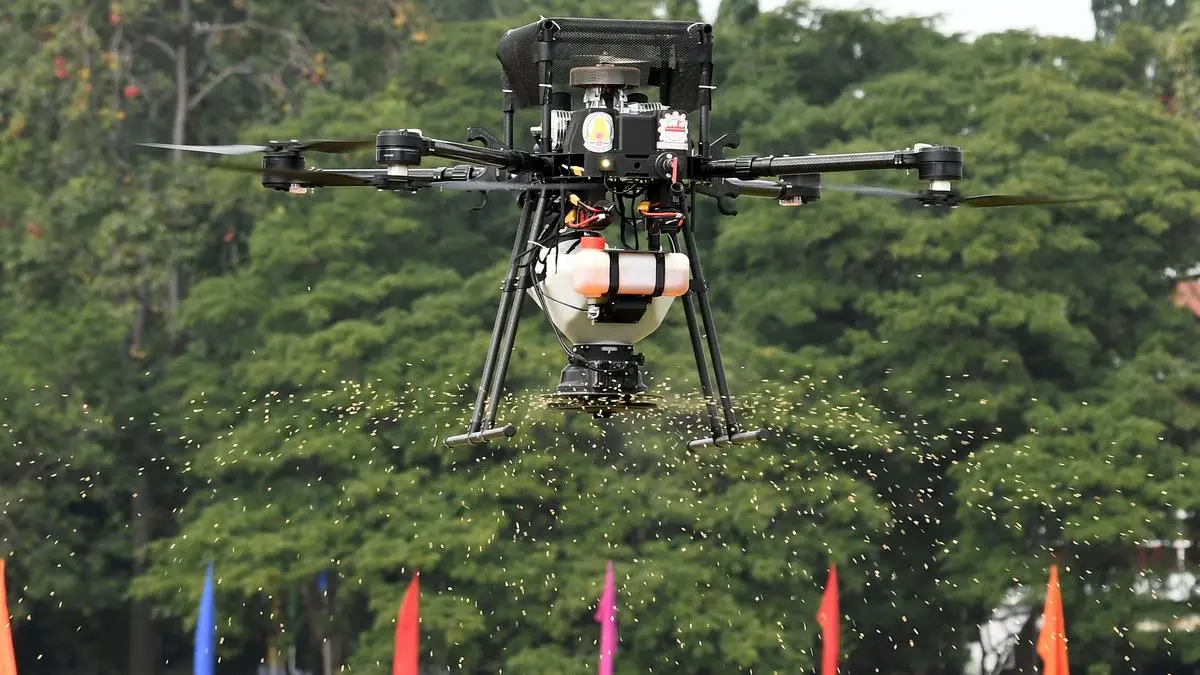AI Won't Steal Your Job (Yet): Understanding the 4 Key Areas Where It Falls Short

The rise of Artificial Intelligence (AI) has understandably sparked anxieties about job security. Will robots replace us? Will our skills become obsolete? While AI is rapidly advancing, the reality is more nuanced. Instead of an immediate takeover, it's more useful to understand where AI currently struggles compared to human capabilities. This article explores the '4 S's' – Skills, Sense, Social Intelligence, and Systems Thinking – which highlight the areas where humans maintain a significant advantage and why your job is likely safer than you think.
The AI Hype vs. Reality
We've all seen the comical examples of AI going wrong – suggesting bizarre pizza toppings or providing nonsensical answers. These moments, while amusing, underscore a crucial point: current AI, despite its impressive feats, still lacks fundamental human understanding and adaptability. The initial wave of panic about AI replacing all jobs is likely overblown. The focus should shift to how AI can *augment* our abilities, rather than replace them entirely.
The 4 S's: Human Strengths AI Can't Replicate (Yet)
Let's delve into the four key areas where humans retain a clear edge:
1. Skills: Beyond Rote Tasks
AI excels at performing repetitive tasks and processing large datasets. However, true skill involves adaptability, problem-solving in novel situations, and the ability to learn and apply knowledge across different contexts. Humans can quickly grasp new concepts and apply them creatively – a capability that remains a significant challenge for AI. Think about a mechanic diagnosing a complex engine issue or a chef adapting a recipe based on available ingredients; these require skills that go beyond programmed instructions.
2. Sense: Intuition and Context
AI operates on data and algorithms. It lacks the human capacity for sense – the ability to understand context, interpret ambiguity, and leverage intuition. Humans can read between the lines, understand unspoken cues, and make judgments based on incomplete information. This is vital in fields like customer service, negotiation, and creative problem-solving.
3. Social Intelligence: Empathy and Connection
Social intelligence is arguably the most significant hurdle for AI. It encompasses empathy, emotional understanding, communication, and the ability to build rapport. These are essential for leadership, teamwork, and any role requiring human interaction. AI can mimic conversation, but it can't genuinely connect with others on an emotional level. Consider a therapist providing support or a salesperson building trust – these roles rely heavily on social intelligence.
4. Systems Thinking: Seeing the Bigger Picture
Finally, systems thinking involves understanding how different parts of a system interact and anticipating the consequences of actions. Humans can grasp complex relationships and consider the broader implications of decisions. AI, often focused on narrow tasks, struggles with this holistic perspective. A project manager coordinating a complex project or a policy maker considering the impact of legislation requires systems thinking.
The Future is Collaboration, Not Replacement
The future of work isn't about AI replacing humans; it's about humans and AI collaborating. By understanding the limitations of AI and focusing on developing our uniquely human strengths, we can position ourselves to thrive in this new era. Embrace continuous learning, cultivate adaptability, and prioritize the skills that AI can't easily replicate. Instead of fearing AI, see it as a powerful tool to enhance our capabilities and unlock new possibilities.
Ultimately, the pizza topping incident serves as a reminder: while AI is impressive, it's still a long way from truly understanding the nuances of human experience. Your job is likely safer than you think, especially if you focus on developing those irreplaceable human qualities.






